The Summit of the Future Action Days were convened by the Secretary-General of the United Nations on 20 and 21 September 2024 at UN Headquarters in New York to generate additional opportunities for the engagement of all actors. Representatives from Member States and Government, senior UN officials, civil society, the private sector, academia including Nobel Laureates, local and regional authorities, creative communities, youth, and many more were present, all critical to shaping the Pact for the Future and its implementation. 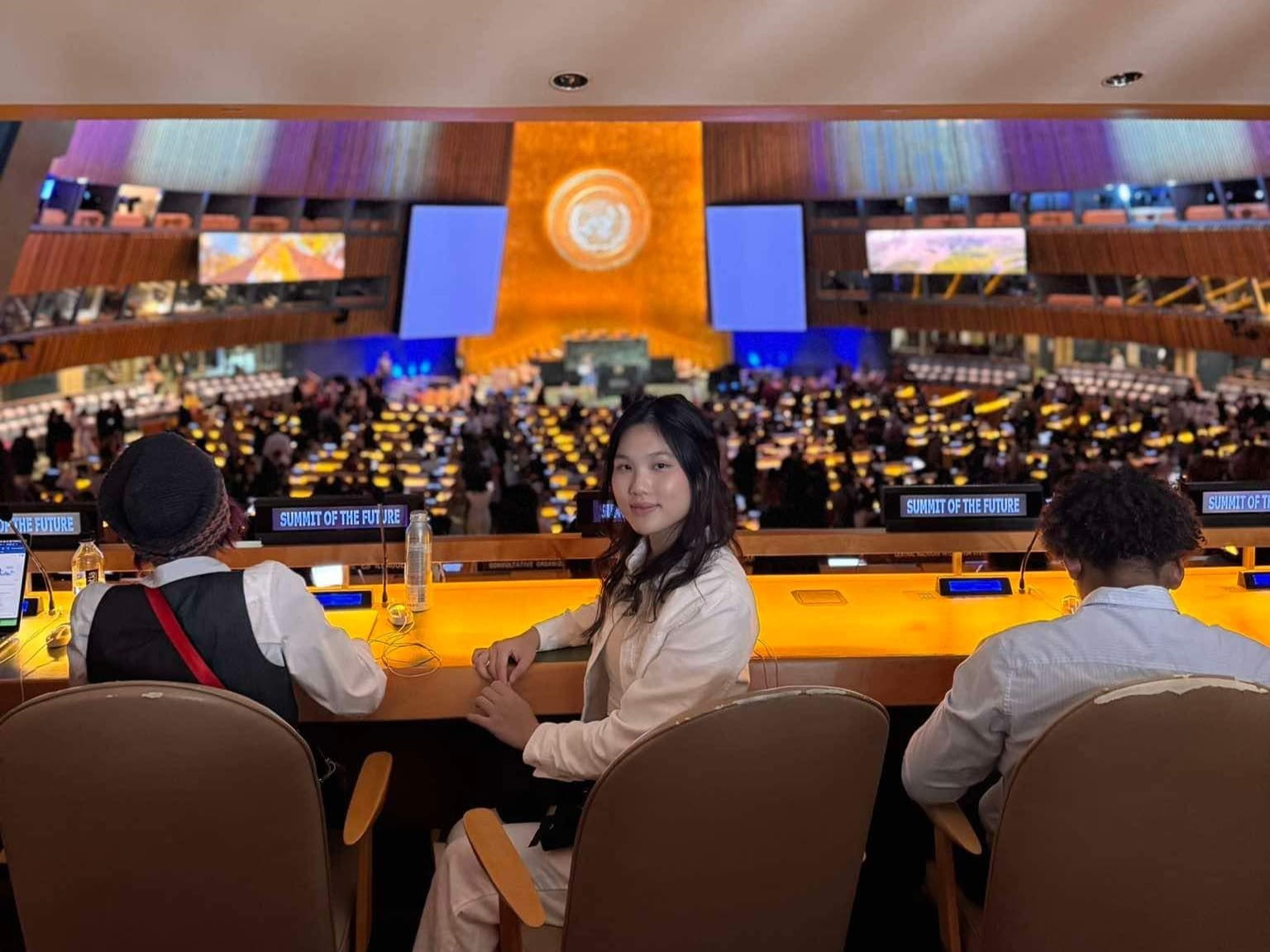
Gia Khanh was the only Vietnamese youth nominated by UNESCO Chair in Learning Sciences, President of Learning Planet Institute, an UNESCO-powered organisation headquartered in Paris, recognising her exceptional dedication to advancing the mission of LPI in “reinventing lifelong and holistic learning for all ages in order to build sustainable and inclusive learning societies” through Chalk Road Initiative which brought her a global finalist award in Learning Planet Youth Design Challenge early 2024 and most recently Camp Lumina, an inspiring writing incubator for Vietnamese youths aged 13-20, cultivating a new generation of Vietnamese writers, inspire the true value of literature as essential to intellectual and personal growth.
The Action Days kicked off with a dedicated, youth-led afternoon followed by full day Saturday programme focusing on three priority themes – digital and technology, peace and security, and sustainable development and financing. Organised by the United Nations Youth Office, this event aimed to build momentum ahead of the Summit. The theme for the Day was #YouthLead for the Future: We believe in the promise of a better world for all."
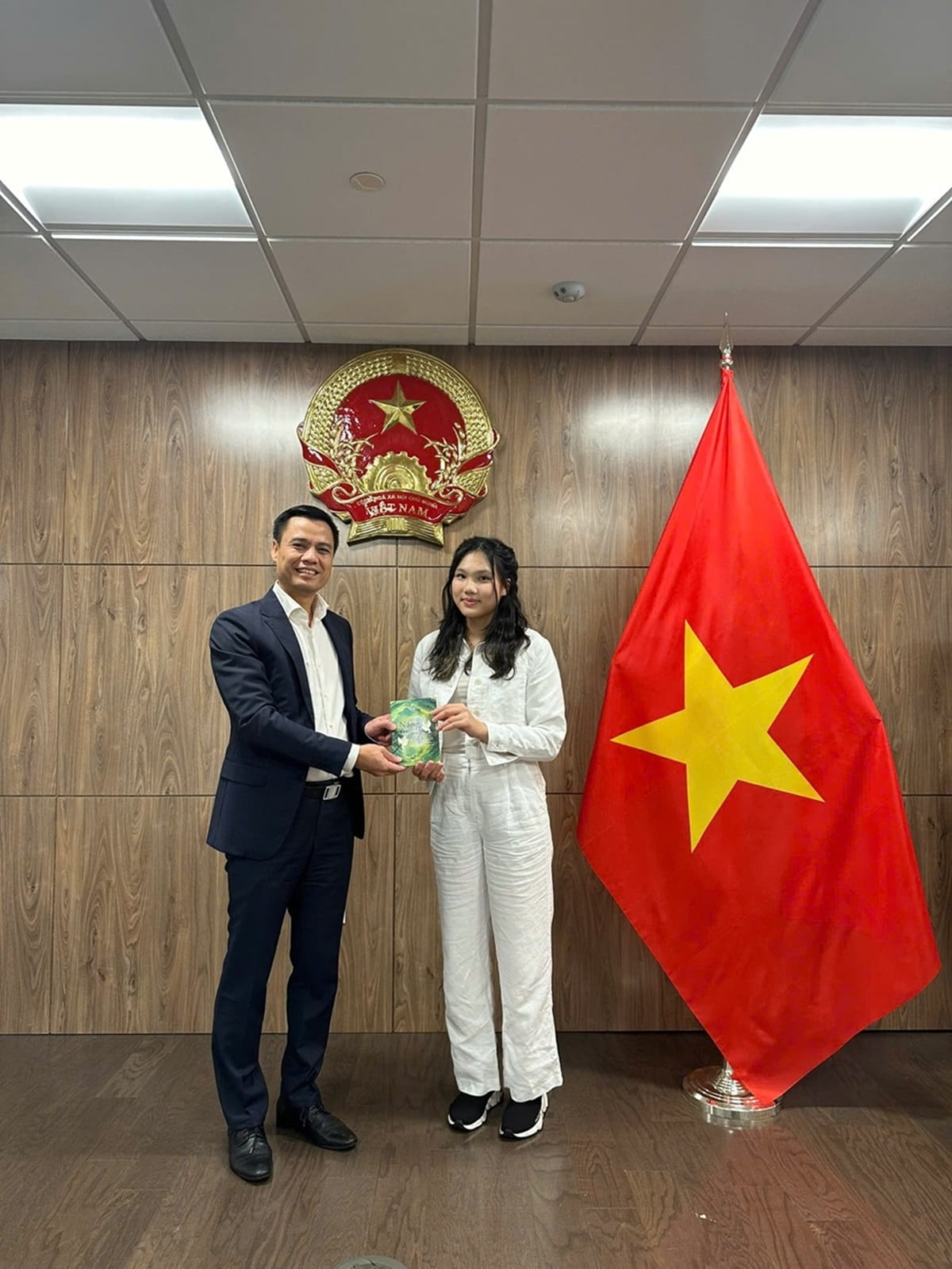
Gia Khanh met with Ambassador Dang Hoang Giang (left), Permanent Representative of Vietnam to the United Nations (UN) during her recent trip.
A month after her incredible trip to the UN Headquarters, Gia Khanh remains in awe of the experience. We sat down with her to learn more about this inspiring journey.
How did you feel when you received the invitation?
Attending the UNGA Summit of the Future Action Days is an amazing opportunity for youths like me to engage directly with global policy makers, listen to panel discussions on crucial global topics - digital innovation, peacebuilding, and sustainable development - which empower us to take the lead in shaping a more inclusive and resilient global agenda.
Receiving the invitation back in August was a surreal feeling, knowing I could walk into the UN Headquarters to attend the largest Youth event ever. I felt immensely proud and grateful for the support I've received from my parents, friends and teachers. A surge of pride and thrill surged in me at the realisation that I could officially present my social community projects—my spiritual treasures, Chalk Road and Camp Lumina—to the world stage!
How did you prepare for your role as a youth delegate before the Summit?
In fact, I self practised presentation on my projects in three-time frames: two minutes, five minutes, and eight minutes as I would anticipate the urge to seize every single opportunity to present my initiative to the global audience. I was committed to make the most of every moment at the UN, actively networking and connecting with others while showcasing my work.
To prepare myself, I thoroughly examined the Action Days program, researching the backgrounds of the speakers and selecting sessions that most resonated with my interests and that would deepen my understanding of the global landscape surrounding such topics—specifically, the intersections of peace and feminism as they relate to education that I care about. I also prepared some questions that I could ask should the convenors open the stage for audience!
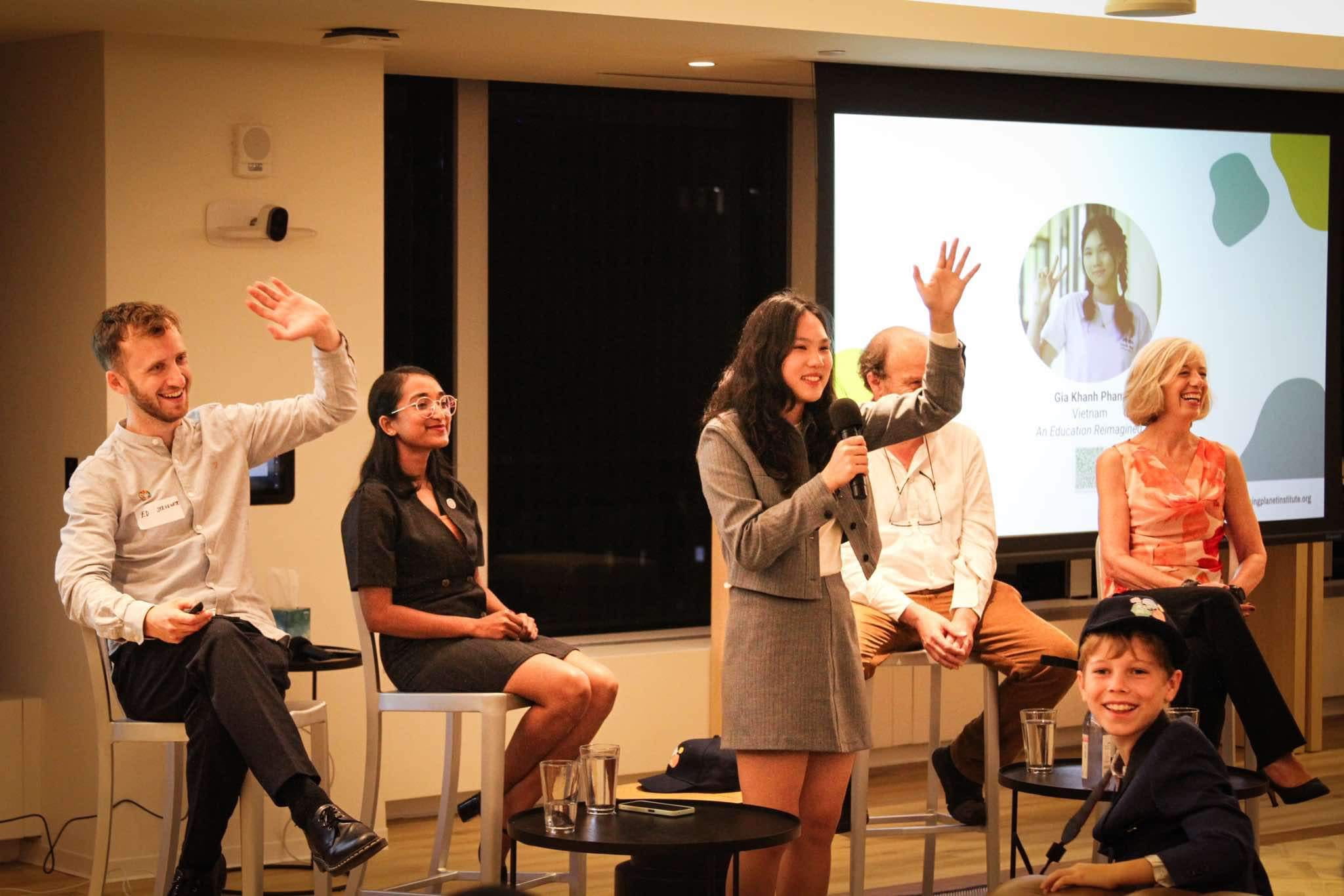
Gia Khanh presented her Chalk Road Initiative during “UNESCO Youth Leadership Meet and Greet” Event, witnessed by Mrs Stefania Giannini (right), UNESCO Assistant-General Director for Education.
What themes or issues did you focus on during your discussions, and why are they important to you?
One of the things that particularly stands out to us as youth leaders is whether we should prioritise achieving tangible results over spiritual and emotional aspects of the social impact. In the context of my project, Chalk Road, for example, it seems much more credible when we can demonstrate visible changes, such as providing educational resources like building school libraries. However, the quintessential value of Chalk Road lies in the various workshops on art, dance, drama, sports that inspire self confidence and nurture personal growth. The spiritual and emotional values, in fact, are indispensable for a student's holistic development and lays the foundation for academic excellence in a sustainable way.What challenges did you encounter as a young delegate, and how did you address them?
One of the most significant challenges I faced as a young delegate was grappling with self-doubt. I questioned whether my contributions and ideas could genuinely make an impact among more seasoned voices. This sense of uncertainty was heightened by the immense responsibility to represent not only myself but also my community and the ideals of youth worldwide. I sought out support from fellow delegates and took the courage to strike up a conversation with organisation leaders invited to the UN namely Ban Ki Moon Foundation, UN Women, UN ECOSOC, UNDP, UNESCO, Learning Planet Institute.Engaging in conversations with the youth provided me more clarity and confidence as I realised how we feel alike as we undergo this journey of self-doubt, and the dialogue with global leaders fuelled me with a lot of validation and affirmation, for even at an institutional level, there are many roadblocks that will be unlocked with youth voices. Because of this, I gained the courage to voice my insights, trusting that even small contributions could collectively bring about change. Additionally, these interactions fostered a support network, opening up many possibilities of collaboration for my two projects in the future.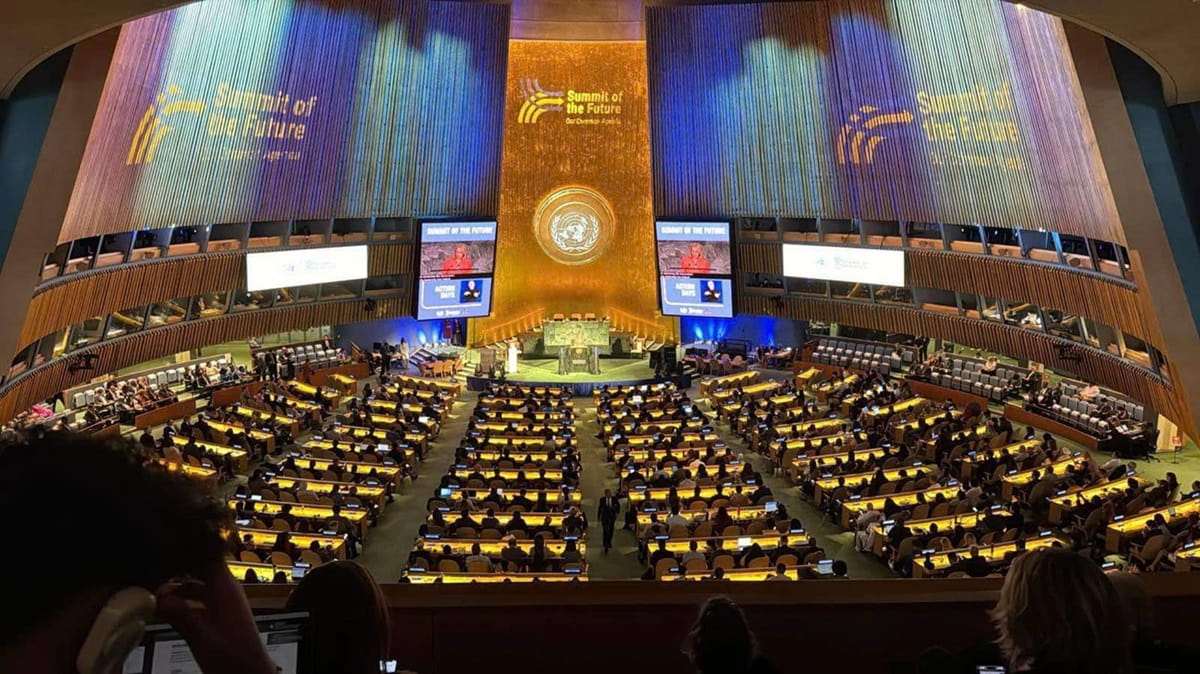
Can you describe a highlight or a memorable moment from the summit that particularly impacted you?
One unforgettable moment was the first time I walked into the UN headquarters, seated in UNGA grand ballroom as a youth delegate. The grand, formal ambience made everything feel exceptionally real. Standing in such a space was like walking into a long-standing legacy of diplomacy and global change, which validated the contributions I had made to reach that point. Despite previous doubts about the impact of my work, this experience affirmed that our efforts had real, visible significance and that we were part of a larger movement for change. This moment was transformative because it made me realise that my voice and actions could resonate in a place as influential as the UNGA, encouraging me to continue contributing to the causes I believe in.In your opinion, why is youth participation so important? How do you think the involvement of youth can influence public policymaking and decision-making?
Youth participation is crucial because we bring fresh, innovative perspectives to the table. Unlike established voices, young people tend to be more connected to the pressing issues that affect us directly, such as climate change, mental health, and digital privacy. Our firsthand experience with these issues makes us uniquely qualified to offer solutions that are not only forward-thinking but also highly relevant. Youth are more adaptable to change and often think beyond traditional frameworks, enabling us to propose creative solutions that can reshape public policies. When youth are involved in decision-making, we can influence policies to be more inclusive and forward-looking, ensuring that they address current needs while considering future generations, foundational to a more equitable world.
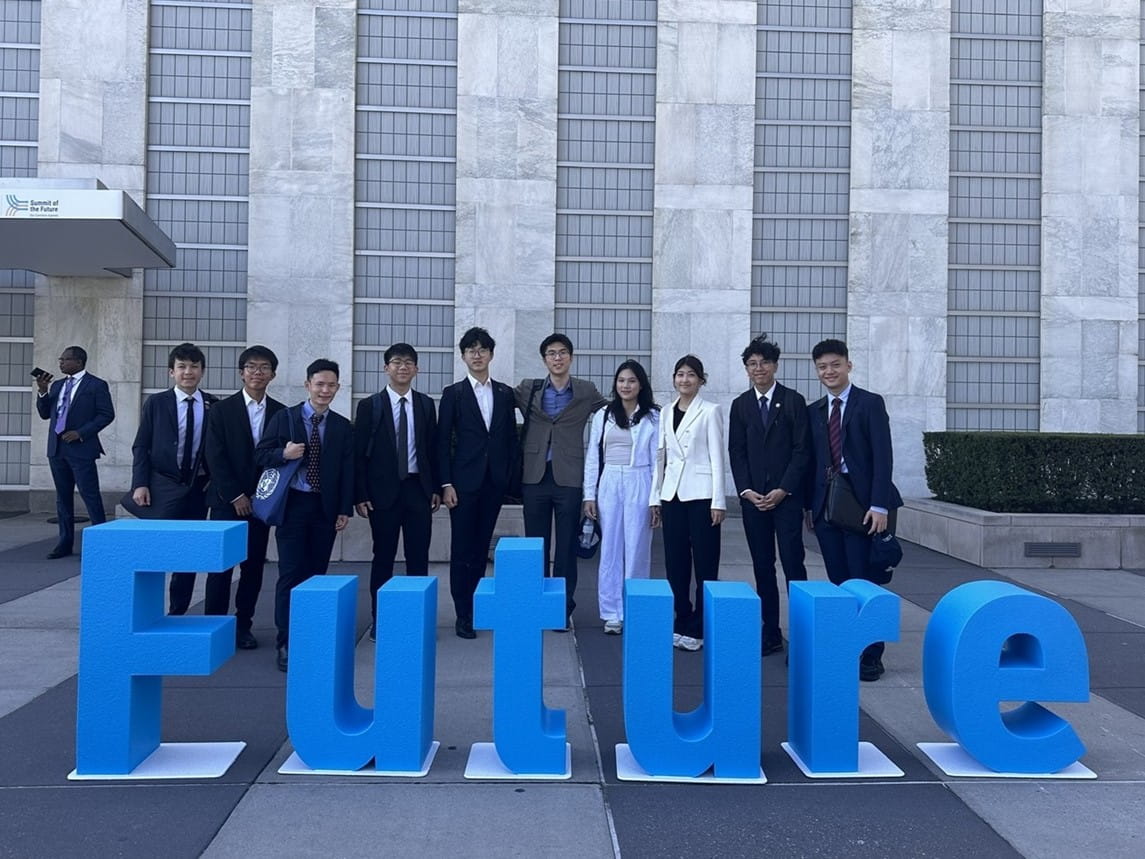
What message would you like to share with other young people who aspire to engage in global platforms like the UN?
It's easy to feel insignificant among larger-than-life global leaders or well-established organisations, but every small step counts. Each perspective, however humble, brings value to global discussions. The most important thing is to stay engaged, collaborate with fellow peers, keep pushing for what you believe in, and trust that your voice is essential to the conversation. Platforms like the UN exist for individuals like us—people who bring diverse perspectives and innovative ideas for a better future. Be brave and remember that the world needs your voice.Looking ahead, how do you envision continuing your involvement in youth advocacy for a sustainable future?
Looking forward, I plan to create more opportunities for young voices to flourish, starting right at my school. As I continue spearheading initiatives like Chalk Road and Camp Lumina, I’m making a proactive effort to “recruit” our own BIS students whom I believe will benefit from both initiatives which are designed to inspire, and empower students to take a stance on issues that matter. I hope to foster a community where young people feel confident in their abilities to influence change and be encouraged to realise their potential as advocates for a sustainable and equitable future.

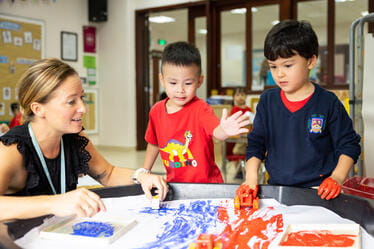
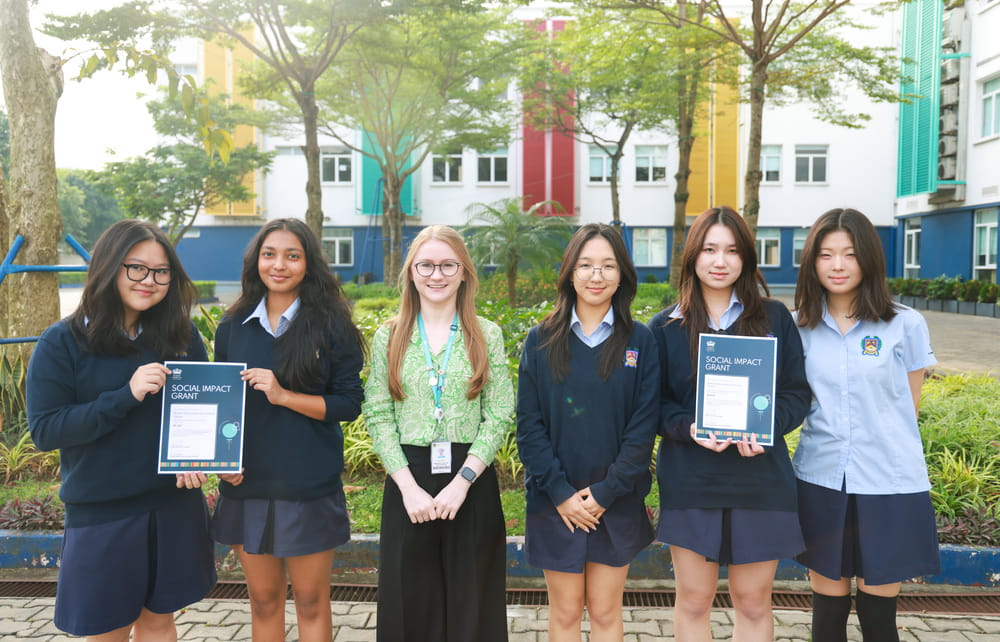
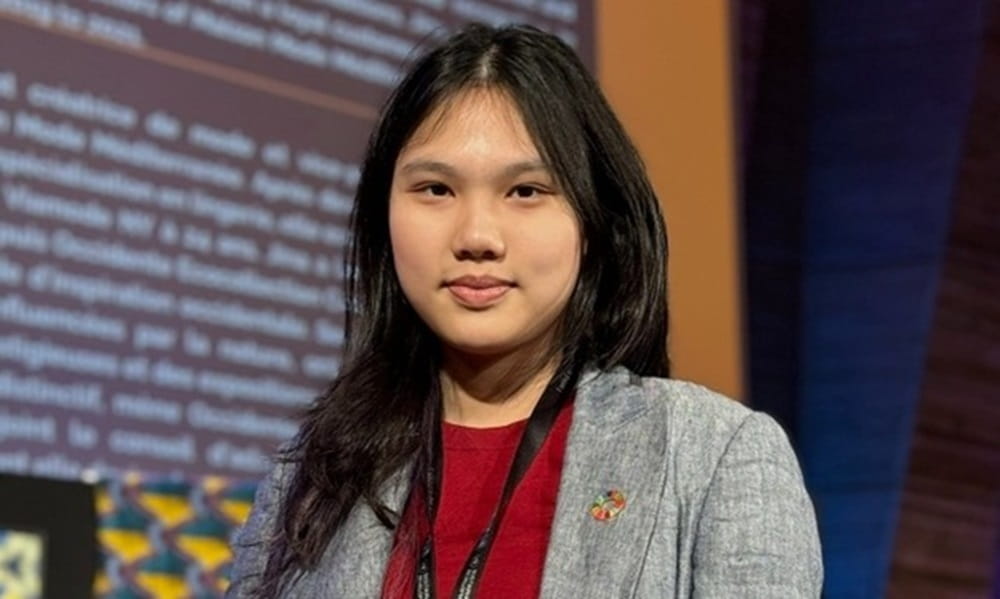
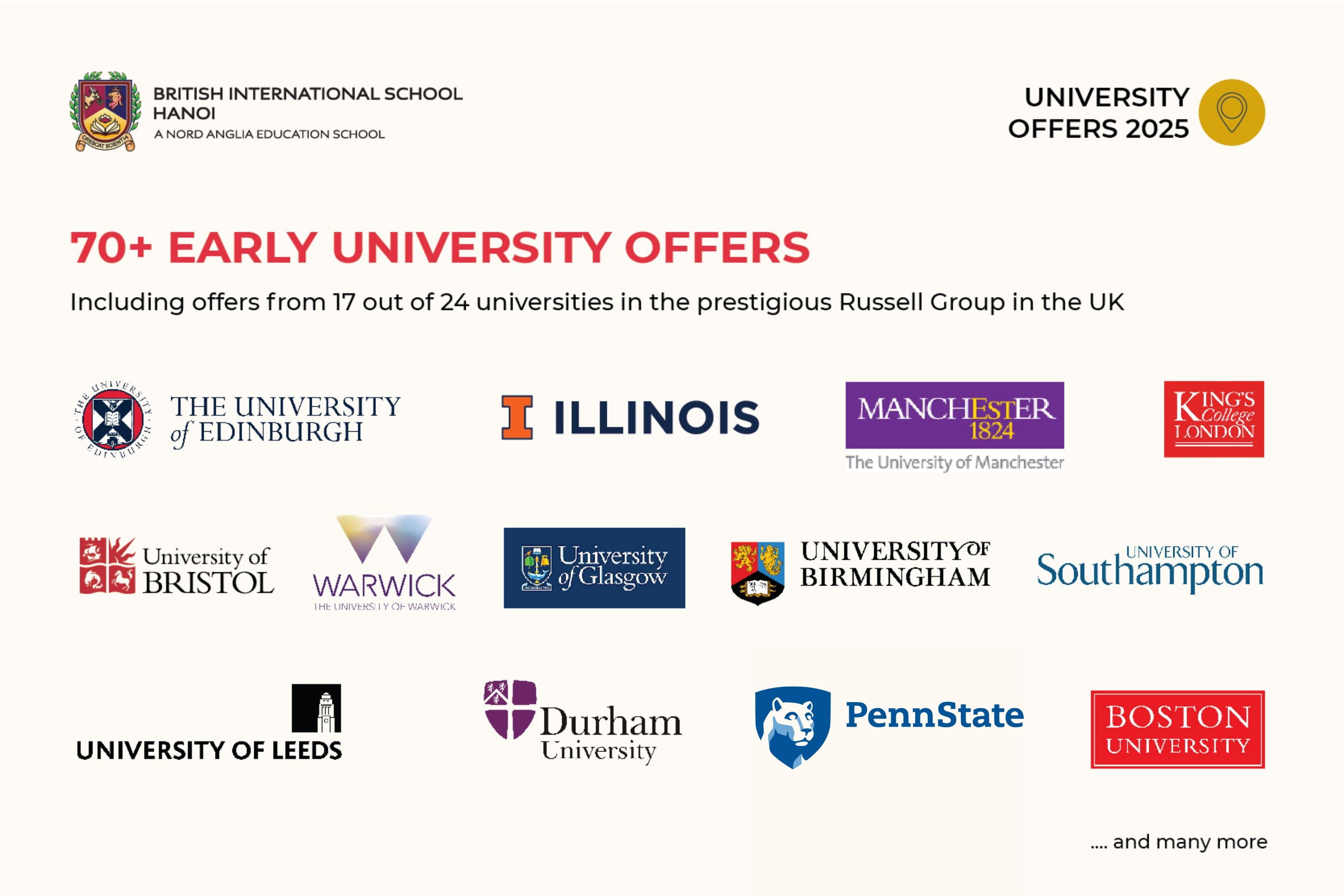
.jpg?h=1080&iar=0&w=1920&rev=55696995495d435cb2e41ebb622cbee6&hash=08FB668DB763737B8D28F3FA6DB76E21)